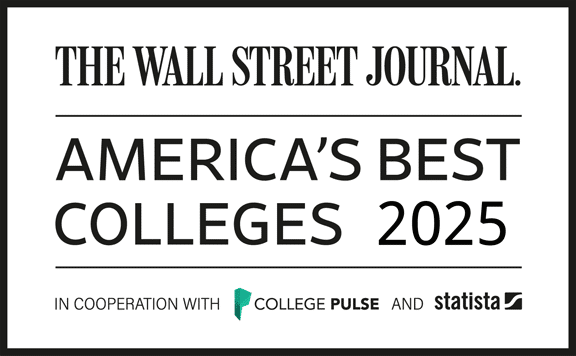Bachelor of Science in
Sport Management
On-Campus
REQUEST INFORMATION
Loading...

Lead in Sports with a Sport Management Bachelor’s Degree
Turn your passion for sports into an inspiring career. At Cornerstone University, our accredited Bachelor of Science in Sport Management prepares you to excel in the fast-paced world of athletics. Whether you pursue working with intercollegiate teams, professional sports organizations, managing community-based programs or sporting events, this program equips you to lead with industry-ready skills. Gain practical experience while developing expertise in business, marketing, finance, and leadership — all grounded in a biblical worldview. More than just learning how to manage operations or promote events, you’ll be equipped to lead with integrity, inspire others, and build meaningful connections in the sports industry.
Influential Careers with a Bachelor of Science in Sport Management Degree
- Event Coordinator
- Marketing Assistant
- Public Relations Specialist
- Facility Operations Coordinator
- Community Relations Coordinator
- Sales Associate (Ticketing and Sponsorship)
- Team Manager
- Athletic Department Assistant
- Social Media Coordinator
- Sales Agent
- Sports Agent
- Sports Agency Assistant
- Recreation Program Leader
Your Degree Starts Here
Start your degree at one of the most affordable Christian universities in the region. An admissions counselor is ready to help you begin the enrollment process.
- Apply — our application is free.
- Set goals — your admissions counselor is here to guide you.
- Maximize your credits — you could transfer in up to 75% of your degree credits.
- Discover affordability — scholarships and grants are available for qualified students.












